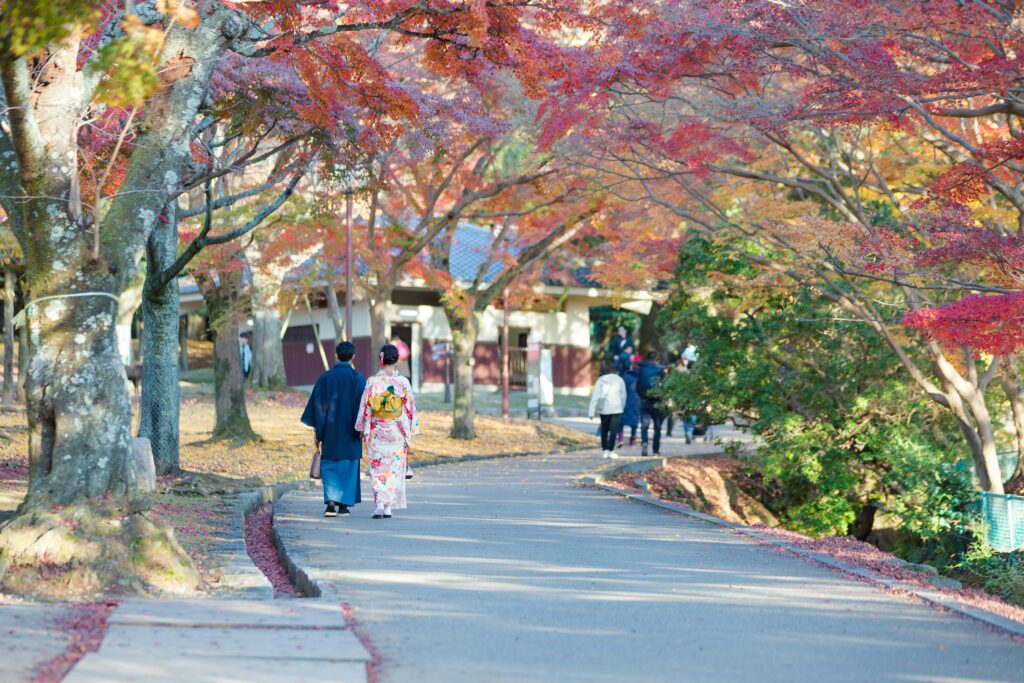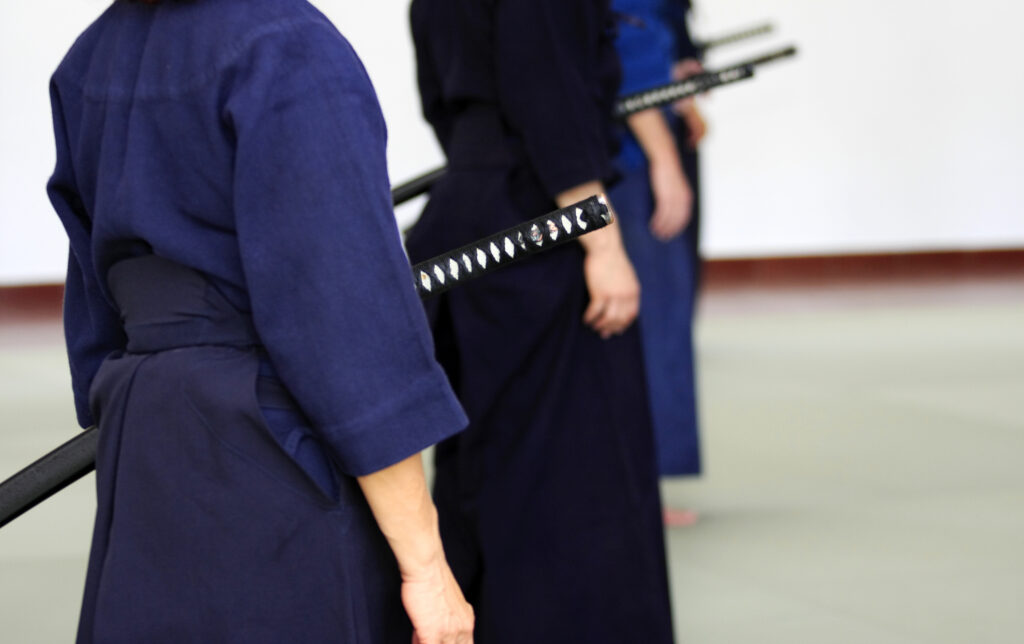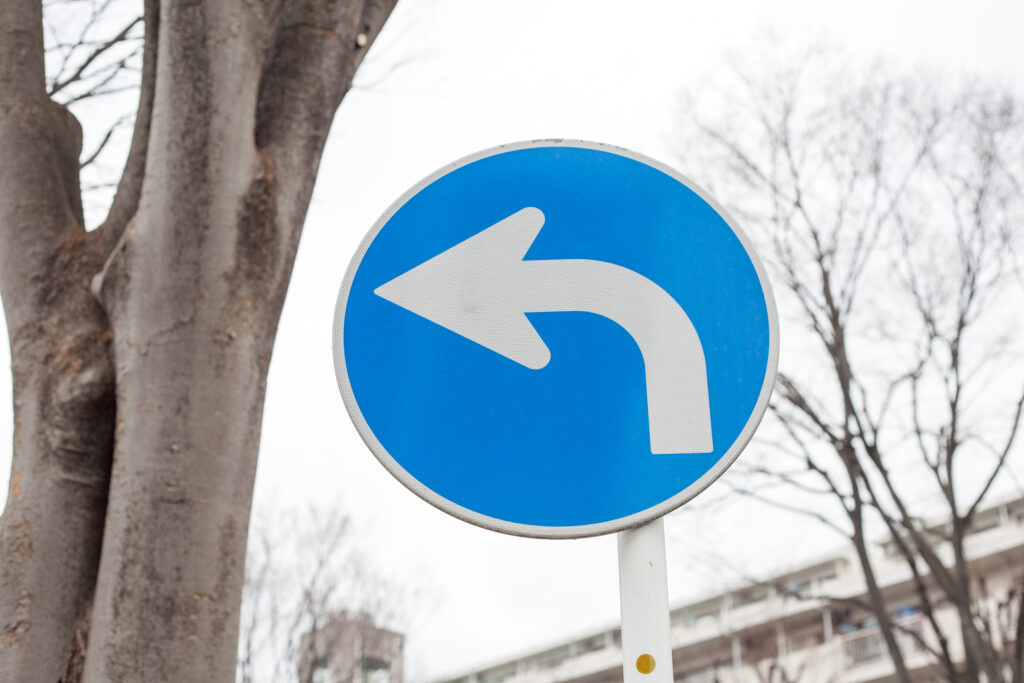“To the left, to the left!”—one of my favorite song lyrics, and surprisingly relevant to daily life in Japan.
In Japan, moving to the left (hidarigawa tsuko) is more than just a habit—it’s an unspoken rule that prevents collisions, umbrella entanglements, and those intimidating “Nanda yo!” grumbles or tongue-clicking (an expression of frustration in Japan)—win-win!

Moving in harmony: Japan’s secret to smooth navigation
Whether you’re navigating busy roads, bustling train stations, airports, temples, or even the paths up Mt. Fuji, you’ll notice how effortlessly people avoid collisions. The secret? Think ‘To the Left!’—Beyoncé gets it.
Whenever I weave through crowds in Japan, I’m reminded of my Junior Police Officer (JPO) drill practice at Pearl Ridge Elementary in Hawaii. Our team won a statewide competition for mastering cadence and movement, and in many ways, Japan’s left-side walking (and driving) culture follows the same principle of orderly flow.

But…why the left? A historical link to the samurai era
One theory traces it back to the Samurai era, generally considered to have lasted from 1185 to 1868. As samurai typically wore their swords on their left hip (as they were mostly right-handed), walking on the left side of the road reduced the risk of scabbards clashing—an accidental bump that could be taken as a provocation. This practice likely carried over into the Edo Period (1603–1868) and beyond, eventually influencing modern infrastructure and pedestrian habits (at least, that’s what the theory suggests).

Keep calm and stay left
Directional arrows on stairs, roped-off areas during rush hours, and temple processions all reinforce this left-side movement. It’s so deeply ingrained in Japanese society that after over 35 years here, I instinctively step left to avoid oncoming pedestrians. But when I rushed through Atlanta International Airport with a stroller and toddler in tow, my reflexes backfired—Americans typically step to the right, resulting in that awkward zig-zag dance we’ve all experienced.
With Japan welcoming more international visitors than ever, a little awareness of hidarigawa tsuko can go a long way. So next time you’re in a crowd, just remember: “To the Left!” and enjoy a smoother, stress-free experience in the Land of the Rising Sun.

